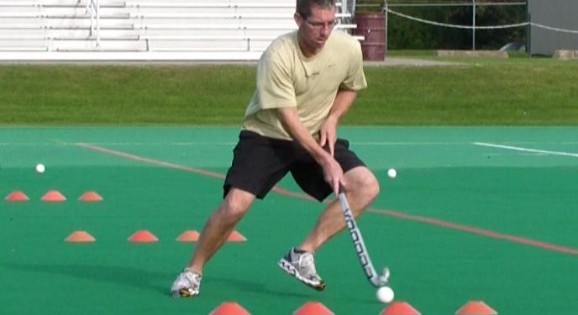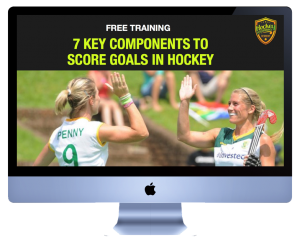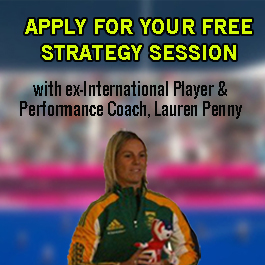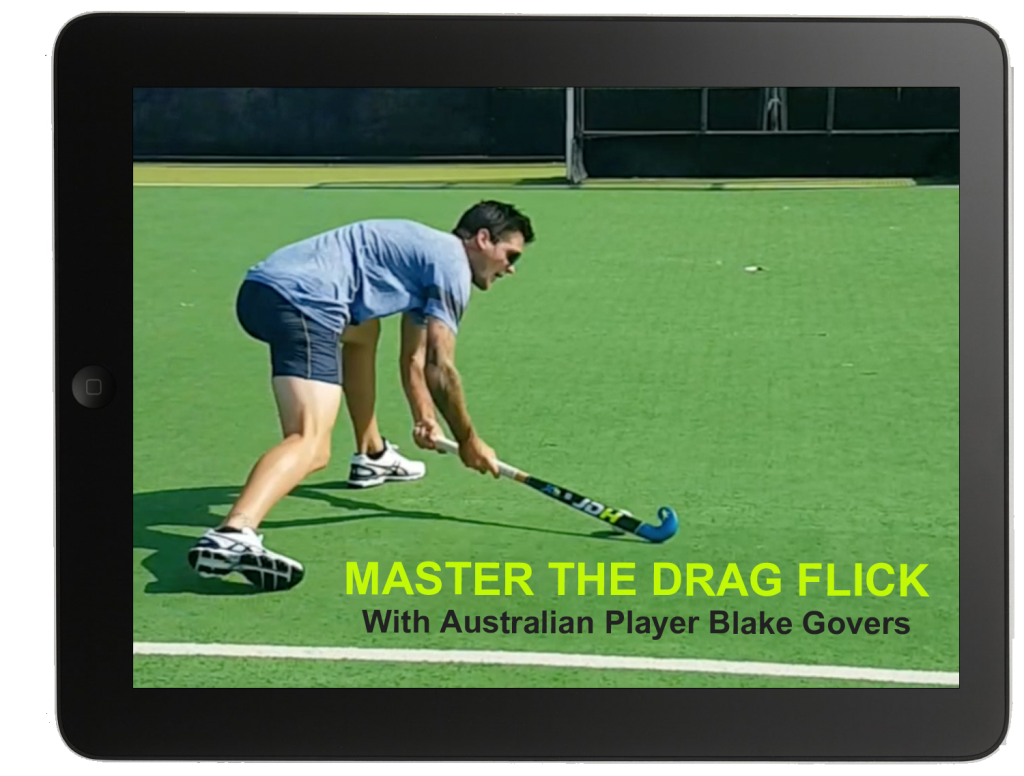“Practice does not make perfect. Only perfect practice makes perfect” – Vince Lombardi
Time and time again, throughout any aspect of our lives, our hard work is met with the common saying, “practice makes perfect”. While there is indeed great value to be taken from this advice, there is some critical instruction missing… that that in order for practice to actually make perfect, we need to practice perfectly.
As a hockey player, ensuring that you are practising the correct technique is of utmost importance – before quantity, is certainly quality; only after quality has been achieved, can the benefits of practice realized. In fact, hours upon hours of practising an incorrect technique for a particular skill will only make you good, at being bad. What makes learning the correct technique even more important, is that changing a bad technique after it has already been learned, it is extremely difficult – old habits do indeed die hard. Even whilst playing top-level hockey I have witnessed the negative effects of imperfect practice in many players, who have been unable to shake-off a poor technique that they learnt in their youth. Surprisingly, the most common of poorly-learnt skills, is also one most integral to the sport…the hit.
How to practice perfectly
Performing any skill correctly is about having strong fundamentals – learning the basics, well. Even for the most advanced skills, breaking down the skill into each of its component parts can be very useful. Once each and every component can be performed correctly, the entire skill can be put back together and practised repeatedly.
Mastering a particular skill for hockey requires more than simple, static repetition – practice should prepare you to perform the skill in any number of match-play circumstances. Indeed, very few hockey skills are performed in a ‘closed’ environment; they are executed under pressure, and adapted to the situation in hand. Of course however, achieving this level of skill-development requires getting the basics right first.
Perfecting a skill does not happen overnight, it requires thorough teaching, regular rehearsal, in-game practice and of course, dedication. The aim of this practice…to enter the final phase of skill development – the autonomous phase. When you are watching high-level hockey players flick, strike and dribble the ball with relative ease, this is the phase you’re witnessing – the phase at which the execution of a skill becomes automatic, requiring no conscious thought or attention. Develop a skill to this level, and you will be primed to respond to the dynamic demands of competitive hockey; being able to execute a skill with little thought, with few errors and with knowledge of how to correct your own mistakes. Perhaps most importantly, autonomous skill execution allows you to concentrate on other aspects of your game, such as tactics, looking for passes and reading the opposition. Not all athletes however, reach this phase; it requires practice, and plenty of it! To gain some idea of exactly how much practice; if you want to be world-class athletes, it is estimated that you will have to dedicate approximately 10,000 total hours to your sport.
“You are what you practice most.” – Richard Carlson
Once you have begun to master a particular skill, it is very tempting to continue practicing it over and over again, and understandably so. However, it is practicing the things you are less comfortable with that will make you a better hockey player. Being able to only perform one, or a handful of skills particularly well, can actually lead to over-reliance and even inappropriate use. In this case, your “favourite” skill can become the one making you easy to defend, one-dimensional and unable to progress. The best hockey players are those who possess a wide, well-learned skillset that makes them an all-rounder; able to adapt to whatever comes their way. The road to achieving this of course…plenty of perfect practice!










